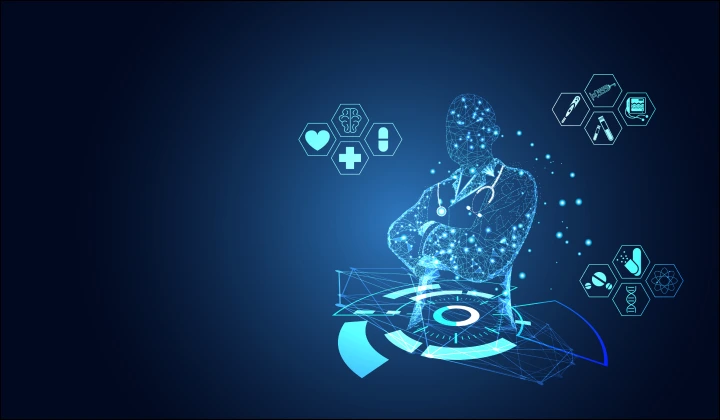You have a vision for transforming healthcare through AI, but turning that vision into a reality is no small feat.
Development timelines can stretch for months, often hampered by regulatory hurdles and the complexities of data processing.
Every day spent in development is a day patients wait for better diagnostics.
This is where a skilled medical imaging AI software developer becomes invaluable.
They can help you navigate the technical and regulatory complexities, allowing you to get your product to market faster without sacrificing quality.
Let’s explore how this partnership can accelerate your go-to-market strategy and ultimately improve patient outcomes.







 11 mins
11 mins











 Talk to Our
Consultants
Talk to Our
Consultants Chat with
Our Experts
Chat with
Our Experts Write us
an Email
Write us
an Email





